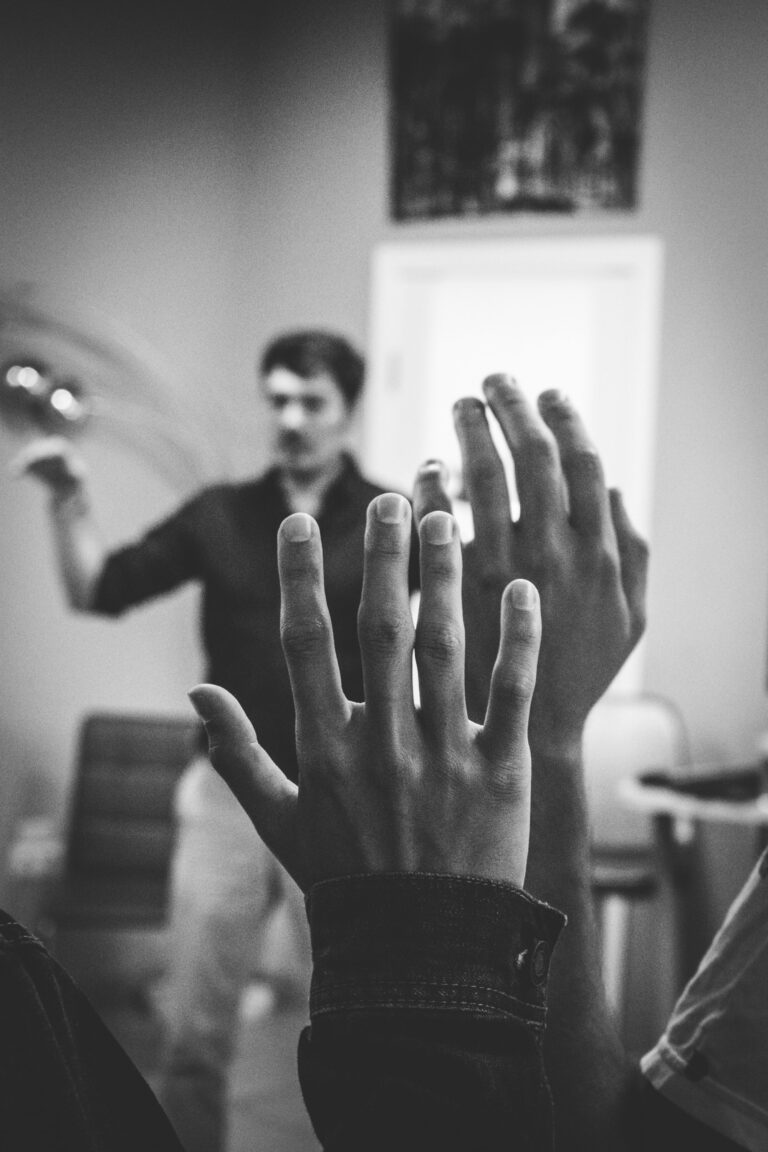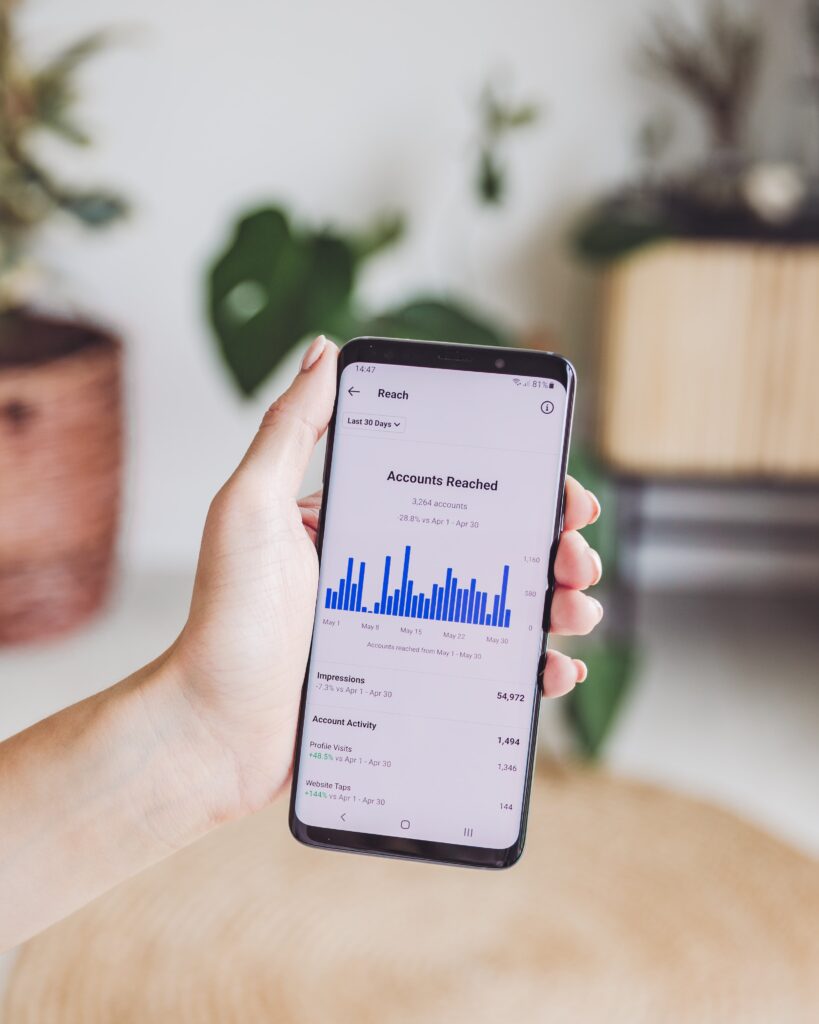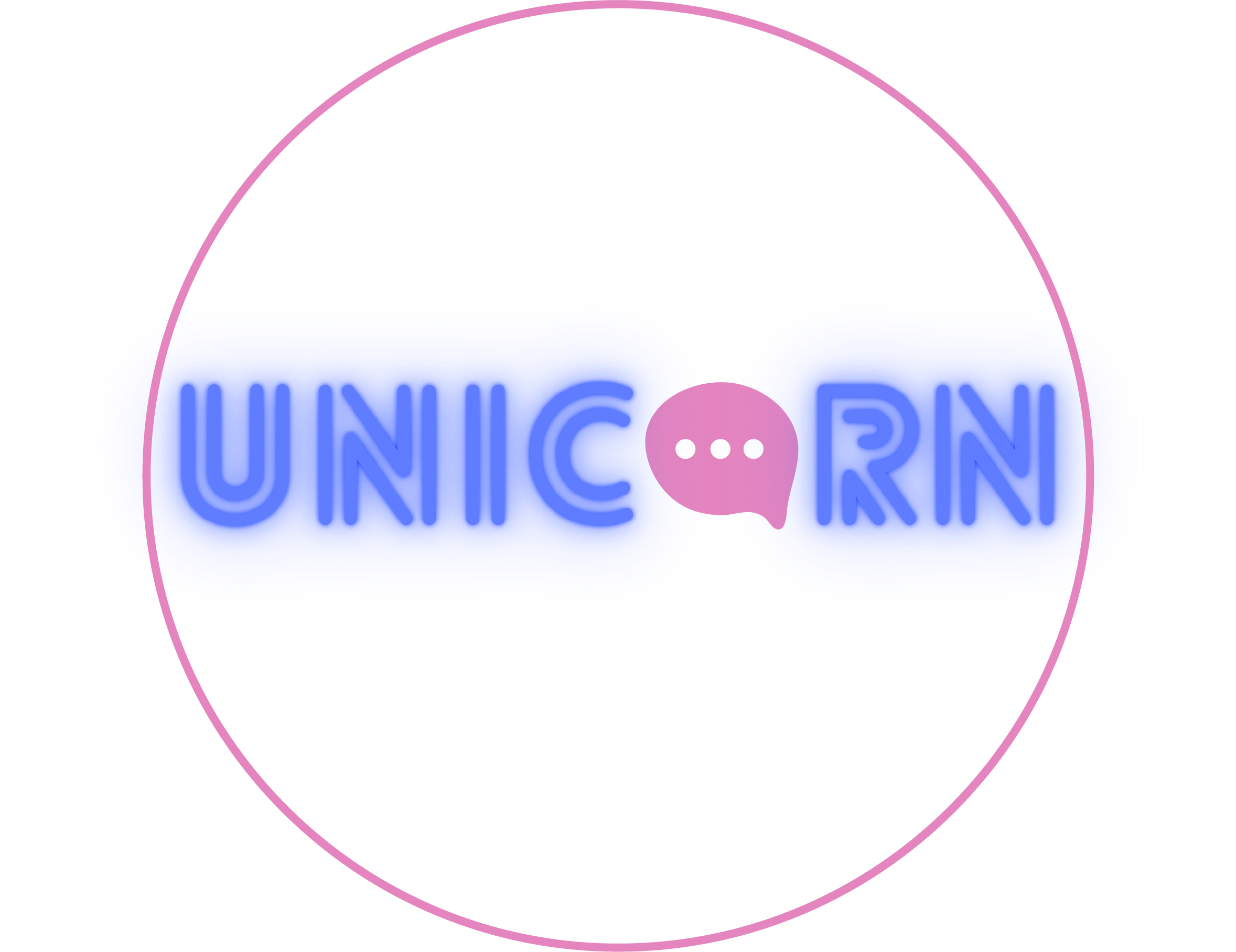ABOUT UNICORN

The aim of the UNICORN project was to reflect on the identified needs and gaps, add own organizational challenges, search for practices, and not only improve the work within the participating organizations but also provide all adult education providers a roadmap they could follow.
The path focused on increasing the impact, outreach, and dissemination capabilities within European Adult Education and creating potential training plans for increasing the social media skills of educators. Regarding an article on EPALE, social media skills were underdeveloped but had concrete advantages:
- Flexibility – Social media platforms were open 24/7. Students could access learning whenever and wherever they wanted. There was potential for teachers to be able to respond to students in real-time, solving problems instantly.
- Stimulating collaboration – social media platforms were ideal for collaboration in learning.
- Real-world connectivity – social media was embedded in our everyday worlds, helping in making learning real for people.
- Involving learners in finding and sharing resources – the real-world connectivity of social media had the further effect of being able to involve learners directly in finding and sharing resources.
In this ecosystem, UNICORN wanted to explore, review, discuss, apply, and test practices to discover better paths on how to address and reach the intended target audiences, helping to extend and develop the competences of personnel and organizations working in adult education.
Elaboration of at least 50 smart practice evaluations on creating impact through communication
An input and one Impact Training
An interactive map of European practices on creating impact.
Pedagogic guidelines
The UNICORN eBook on helping non-formal adult education to increase impact.
Action Plans to integrate the practices into the impact strategies of the partners
UNICORN was a project focused on the exchange of smart practices. Thus, the transnational meetings structured the project and were the most important face-to-face activities. They had several purposes and lasted at least two days. Each partner hosted one meeting. During the meetings, the partners sent staff working on the administration of the project, project management, as well as staff involved in smart practice assessment, editing, and teaching.

